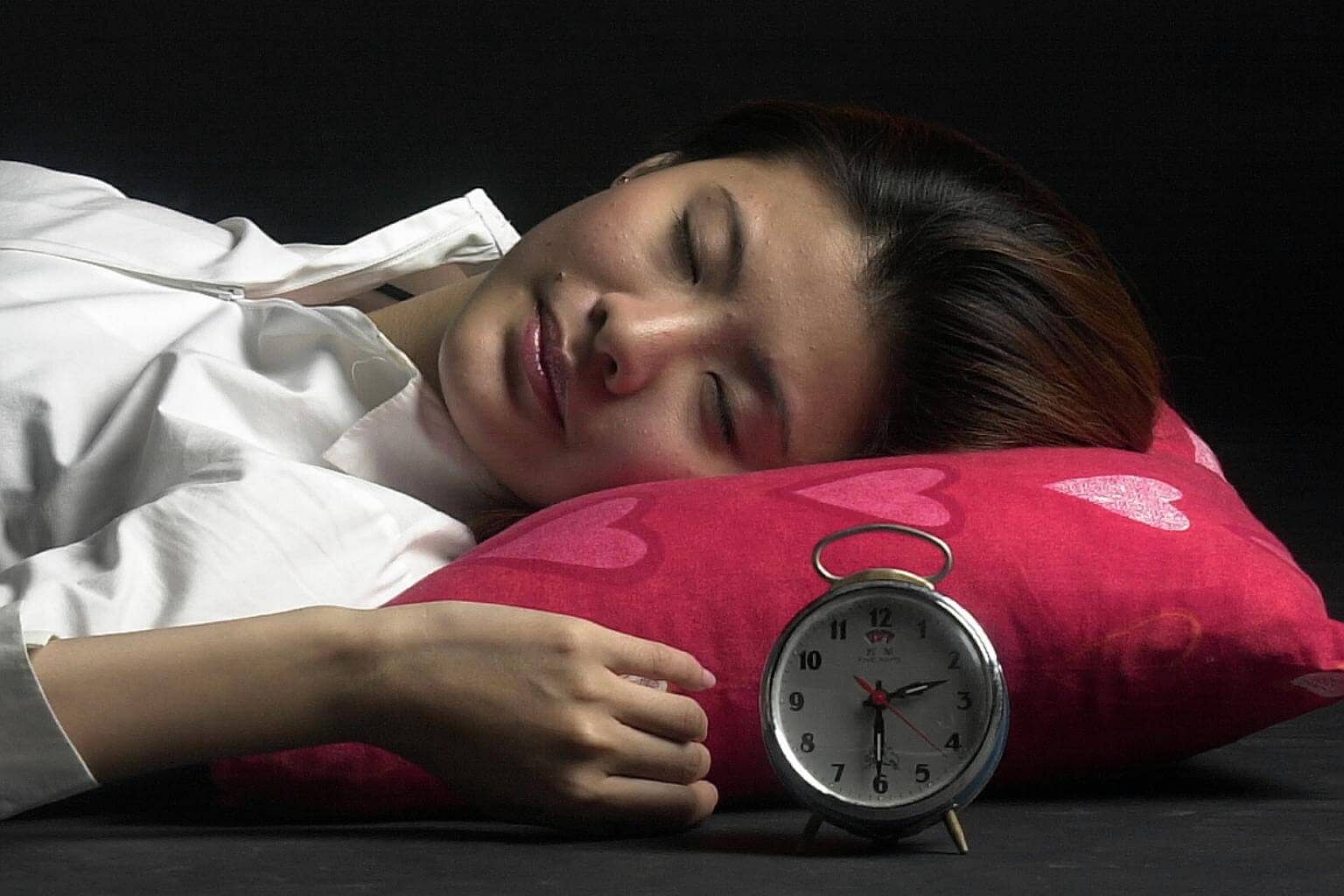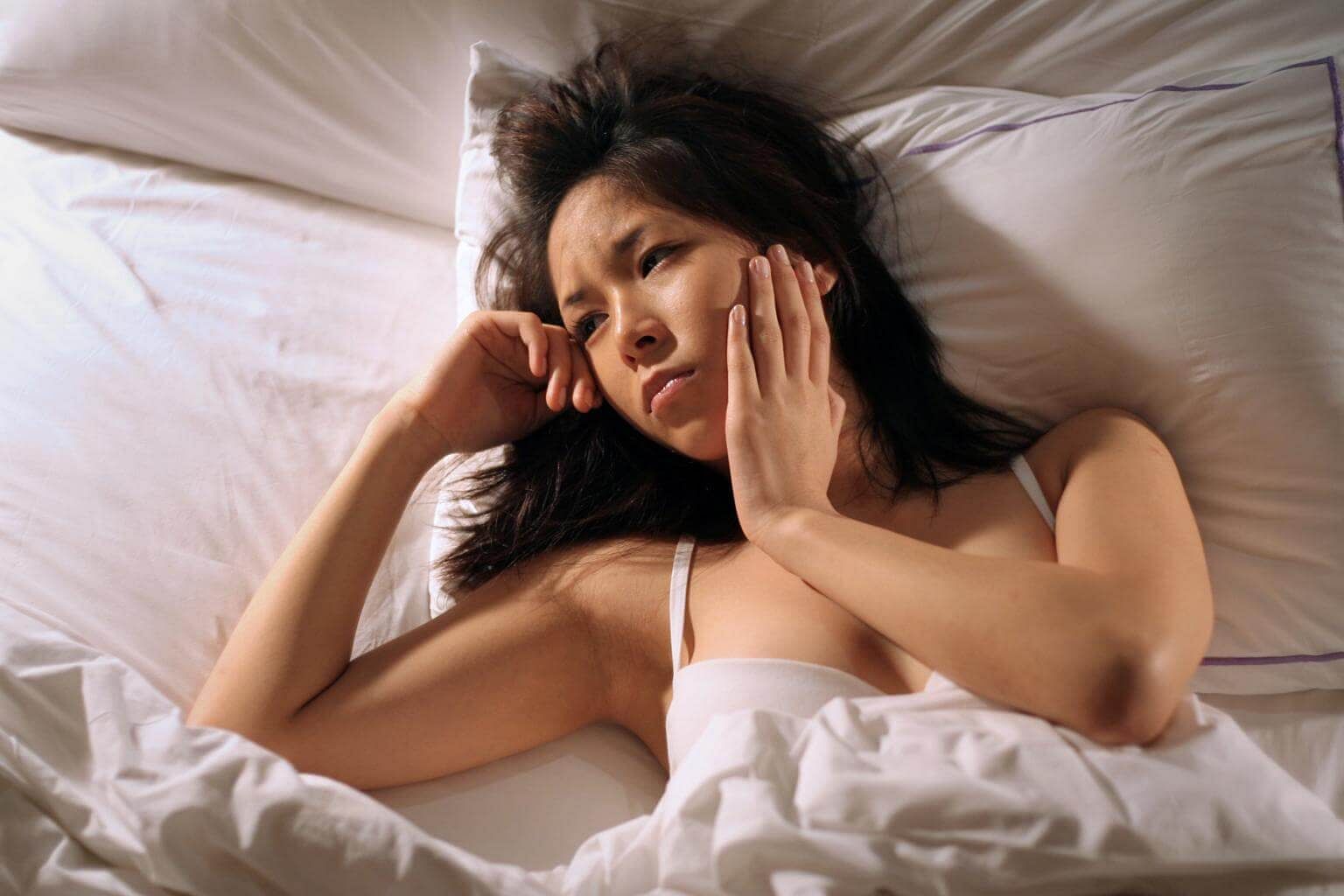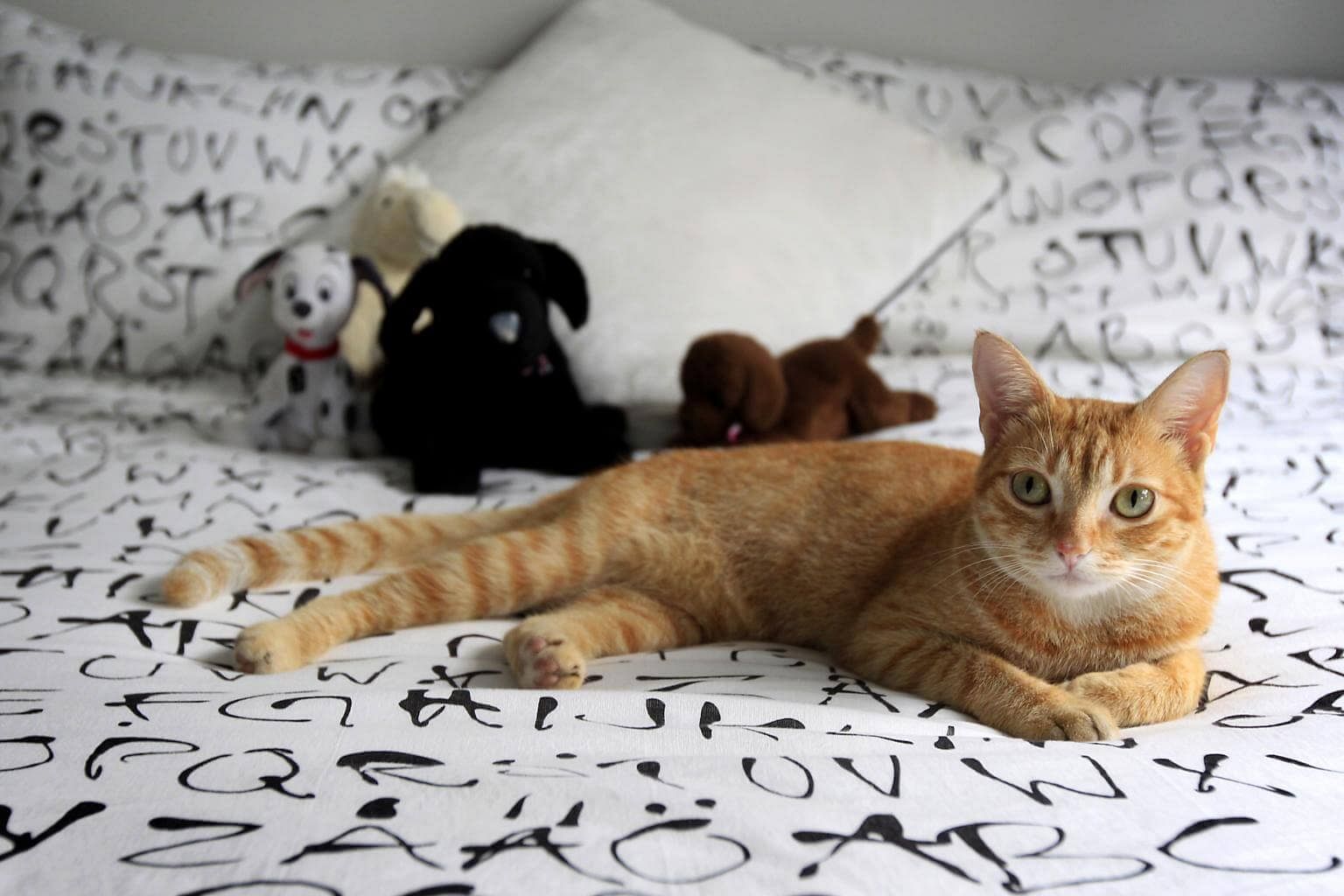Depriving a person of sleep is, literally, a form of torture. The United States' Central Intelligence Agency made suspected terrorists stay awake for days in order to gather intelligence from them.
Indeed, just one night of inadequate sleep is enough to irritate us. We feel tired and are unable to function properly or learn and retain information.
Yet, many of us often happily sacrifice some sleep in exchange for time to go clubbing, watch TV or go on social media.
The problem is the price we may have to pay if we do not have enough sleep every day.
Research has shown that prolonged sleep deprivation increases the risk of diabetes, stroke, heart attacks, alzheimers' disease and certain cancers.
"The problem with most people is they don't even bother to sleep enough. Then, they realise they don't focus well at work or in school," said Professor Michael Chee, director of Duke-NUS Medical School's Centre for Cognitive Neuroscience.
Don't wait till sleep problems arise to focus on getting sufficient sleep. Here are some ways to help you get started.
1. Hide your clock

Make sure you put it somewhere where you can't see, or turn the clock face away from you.
Checking the time constantly when you have trouble falling asleep can increase your stress and make it harder for you to fall asleep.
2. Skip the snooze button
Resist hitting the snooze button as post-snooze sleep is poor quality sleep.
Instead, set your alarm to the time that you actually need to get up and remember that it may take a few minutes for your body to adjust to a daytime rhythm, according to advice from the National Sleep Foundation in the United States on its website.
If you can, skip the alarm altogether. Your body should wake up naturally after a full night's sleep - usually seven to nine hours - and you will feel most alert if you wake up without an electronic aid, the National Sleep Foundation's website added.
3. Use your body clock
Sleep and wakefulness are governed by the body's 24-hour internal or biological clock, which is housed in the brain.
Go to bed and wake around the same time every day as this tells your body clock - also known as the circadian rhythm - to expect sleep at a certain time each night.
"It's okay to sleep short on weekdays and very long on weekends once in a while but do not do this on a regular basis," said Prof Chee.
"If your sleep differential between weekdays and weekends is more than an hour and a half, your body clock will be disrupted and your sleep will be affected."
Life will inevitably interfere, but try not to sleep in for more than an hour or two, tops, on the weekends so that your circadian rhythms can stay on track, according to the National Sleep Foundation.
4. Get out of the mall

Do this before night falls, which means that it is not a good idea to check out a sale at the mall after work if you wish to get to bed early.
The bright, white lights in shopping malls are meant to get you in the mood to shop.
"If you are going to be in a mall at 10pm, it's going to shift your clock back. The strong, bright lights in the mall will make it hard for you to fall asleep," said Prof Chee.
"It doesn't matter if it's a green, yellow, blue or red light. What bright lights does is to arouse you. Secondly, it shifts your body clock to a later time. The effect lasts for hours."
5. Keep the lights low

Don't expose yourself to strong, white lights before bed as this will signal to your brain to stay awake.
The light in your bedroom should be soft and low.
When night falls, our body releases a natural hormone known as melatonin that helps put us to sleep.
Bright artificial lights can inhibit the release of melatonin.
6. Go analogue
Tech is cool but not at bedtime. What many people do when they have some time before bed is to scroll through social media, stream Netflix or check emails.
This is a no-no, as the activities as well as the light emitted from the devices will affect your ability to fall asleep. Instead, establish a calming pre-sleep routine. Read a book. If you want to make a note, use a pen and paper.
7. Keep Fido out of the bedroom

If your pet wakes you up in the middle of the night, it's time to let him sleep outside your room.
You can bond with your pet before bed, or you are awake.
8. Record the snoring

Check your bedroom for noises or other distractions, which includes your partner's sleep disruptions such as snoring. Use ear plugs and "white noise" machines, humidifiers, fans and other devices.
If your partner is a heavy snorer, he should seek medical help. Should he refuse to, record the snoring and play it to him as evidence that help is needed.
Dr Kenny Pang, an ear, nose and throat surgeon at Asia Sleep Centre in Paragon, said: "At least the patient would be more convinced of the snoring and intensity of the snoring."
Obstructive sleep apnea, which is commonly associated with snoring, affects sleep and increases the risk of various conditions such as obesity, high blood pressure, stroke, heart attack, diabetes, depression and more.
9. Try a sleep app
Sleep apps can track the amount of time spent sleeping. What the sleep cycle apps do is to wake you during the lightest sleep stage.
Human sleep consists of two brain states - non-rapid eye movement (NREM) and rapid eye movement or REM sleep.
NREM sleep is subdivided into stages one through four, with stage one being the lightest, and stage four being the deepest, sleep.
The Australia-based Sleep Health Foundation said that apps are consumer products and most have not undergone scientific evaluation.
These apps may not be able to accurately monitor sleep despite their claims but they do help to raise awareness of sleep health, it said.
10. Make time for sleep

"If you don't value it, nothing else counts," said Prof Chee.
Make time for sleep, manage your time better and have a wind-down routine that includes regularly providing a quiet, cool and dark environment for sleep and is free from electronic devices, he said.
"If you wait till you have problems sleeping, your brain might be altered to make it difficult to fall asleep and stay asleep," said Prof Chee.

People with insomnia - a condition where one has difficulty falling or staying asleep, or suffers from early awakening; that is associated with significant daytime distress - often begin having symptoms when they have anxiety over life issues, he said.
"If left untreated, insomnia can become chronic and difficult or impossible to treat effectively," said Prof Chee.

